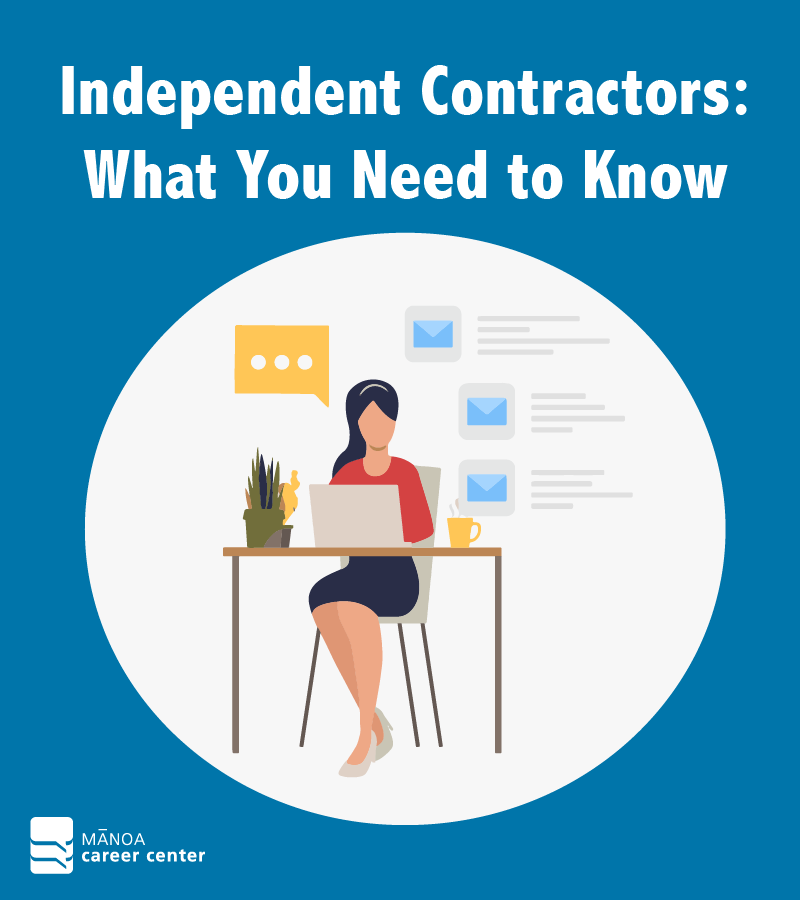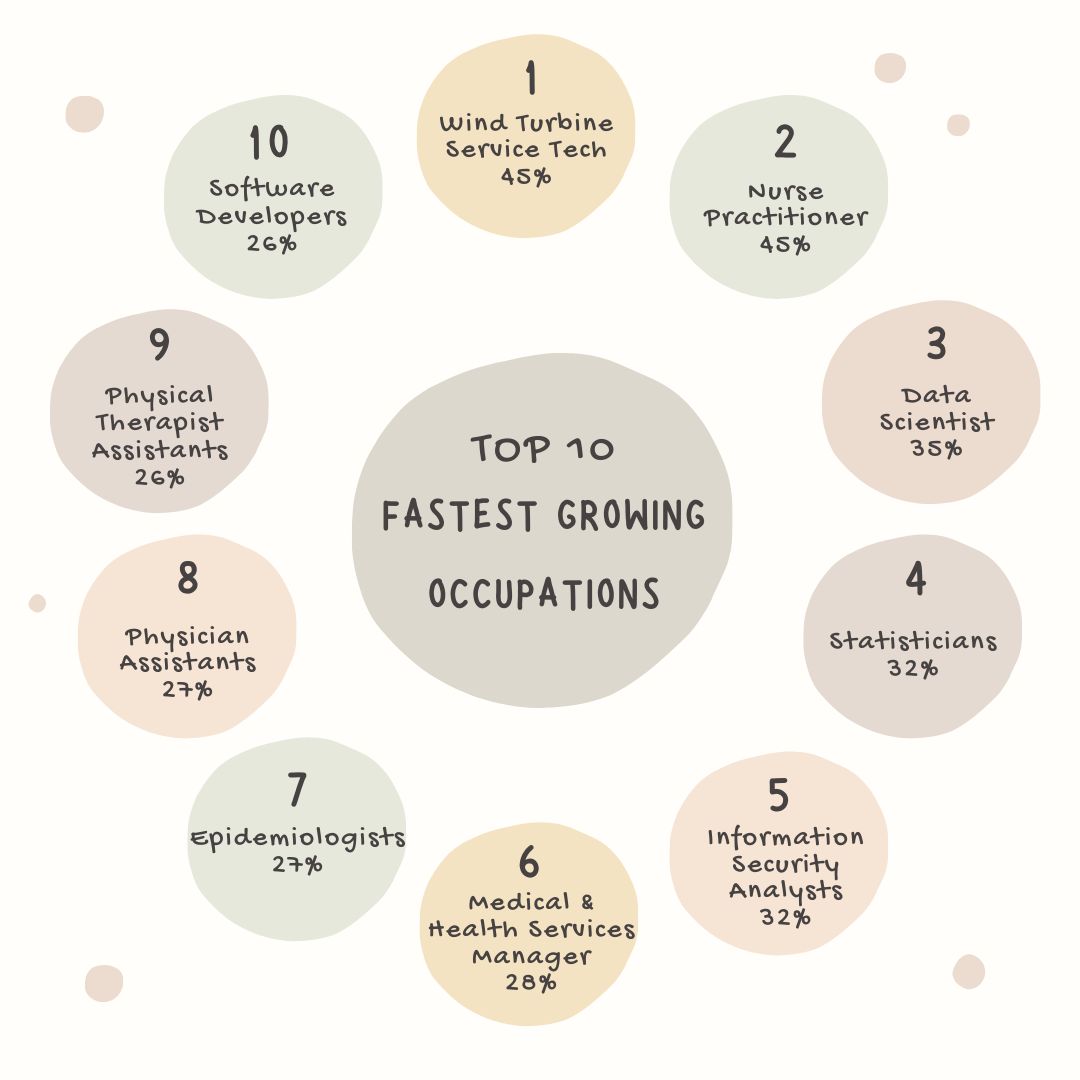Written by: Kalli
What is an Independent Contractor?
An independent contractor is a worker that is not an employee of a company. Some key features of an independent contractor is if they are not given tools or materials by their “employer,” if they can be fired or can leave at any time, and if the worker chooses their own hours. Independent contractors can work for multiple “clients” at the same time because they are considered “self-employed.”
Popular examples of independent contact work include:
Uber and Lyft drivers, DoorDash delivery workers, dog walkers, freelance writers, and many more.
How does being an Independent Contractor affect you?
Working as an independent contractor gives you a lot of freedom. The flexible schedule is the most alluring part of becoming an independent contractor. Other benefits include not having to remain working with the same businesses. As an independent contractor, you are able to select where you want to work and for how long.
However, as an independent contractor, you are responsible for your own taxes. The Self Employment tax stipulates that independent contractors or “self-employed” individuals must make quarterly payments because they do not have taxes deducted from their paychecks. Independent contractors are not entitled to the same benefits as hired employees. That being said, an independent contractor may have their contract terminated at any time. They are not protected by the same laws and regulations as full-time or part-time employees.
The contracting company is technically not responsible for the injuries of an independent contractor as long as they have not acted negligently. The independent contractor must be covered by their own health insurance before beginning work. This insurance is not covered by the companies the contractor is working with and must be paid out of pocket.
What you should consider before becoming an Independent Contractor.
You should consider what you want out of your job. If what you need is flexible working times and don’t mind making quarterly payments then contract work might be for you. If you need steady income and employee benefits, a more traditional part or full time job is for you.
Sources:
https://www.indeed.com/career-advice/finding-a-job/independent-contractor
https://www.irs.gov/businesses/small-businesses-self-employed/independent-contractor-defined
https://www.businessnewsdaily.com/15853-independent-contractor-employee-differences.html
https://www.businessnewsdaily.com/9315-self-employed-tax-guide.html
https://www.legalzoom.com/articles/employee-vs-independent-contractor-differences-you-need-to-know



















